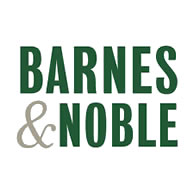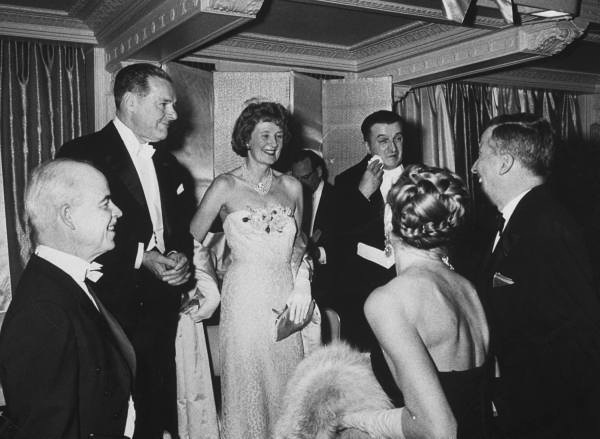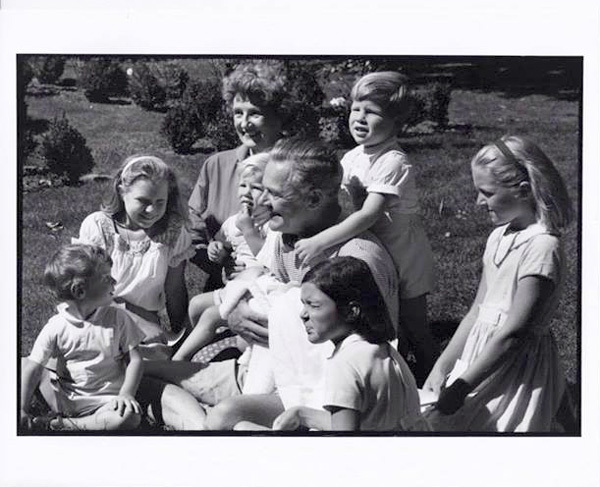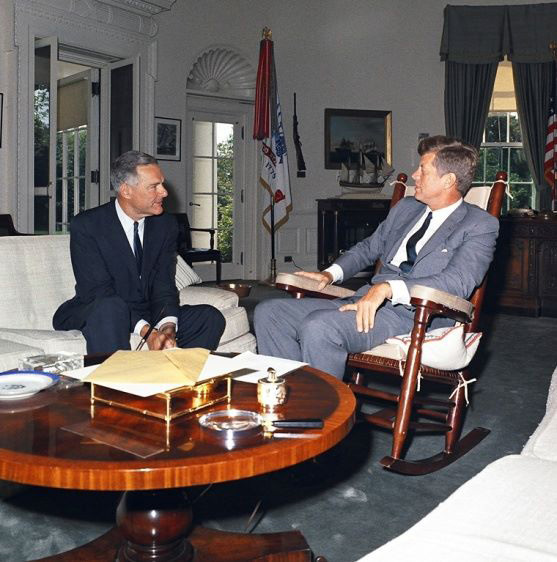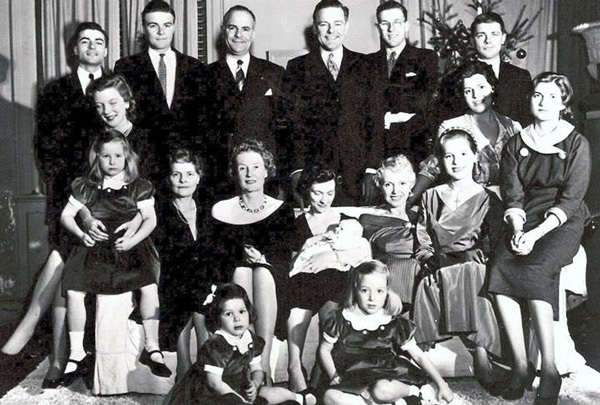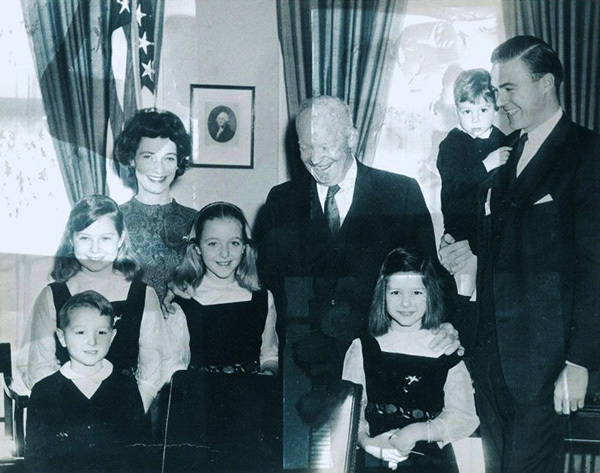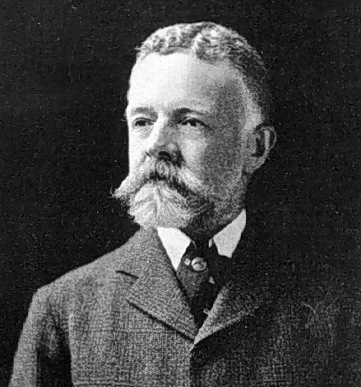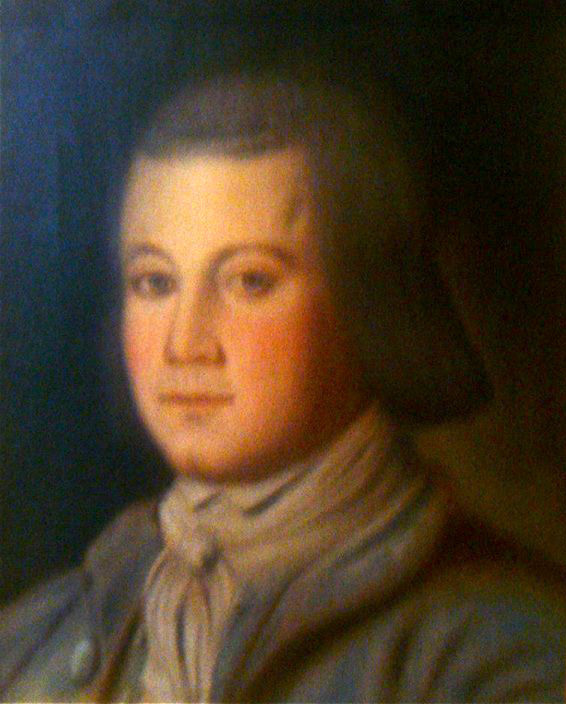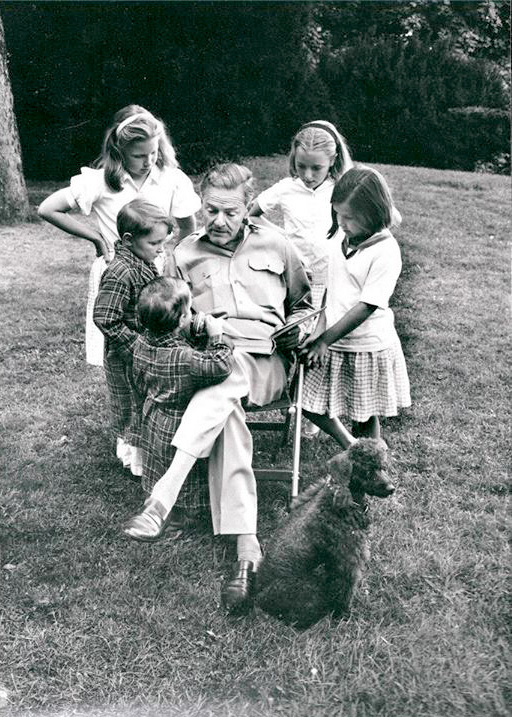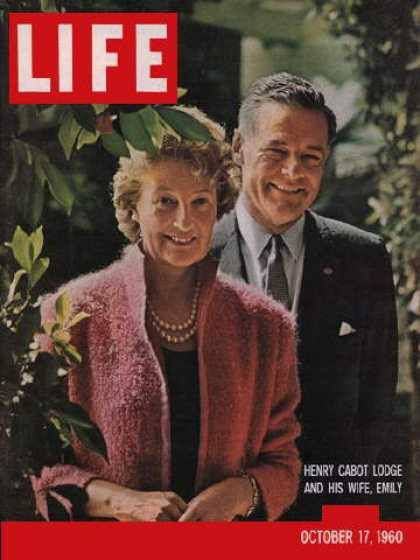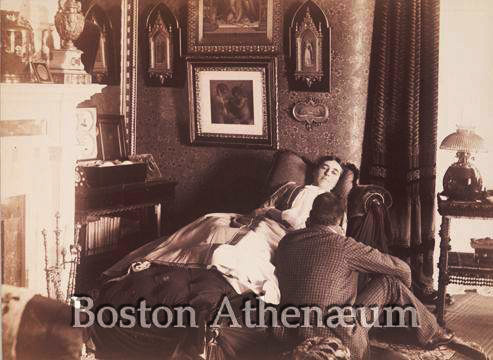The Lodge Women, Their Men and Their Times
”a portrait of the United States in the late-19th and early-20th centuries—perhaps the last time that the country was so embodied by a single family.”
- Kirkus reviews
The Lodge Women, Their Men, And Their Times was featured in The New York Review of Books.
Like a Whitman poem, the saga of the Lodge family has unfolded in tandem with the history of the great American experiment itself. Yet while the biographies of the Lodge patriarchs have been well-documented, the stories of the influential Lodge women have never been authoritatively chronicled. From the earliest days of the American colonies, through the Gilded Age, and into the first years of the 21st century, The Lodge Women, Their Men and Their Times traces her family’s remarkable history through its female figures, constructing a narrative that is at once intensely personal, political, and wholly universal.
Based on archival research, interviews, and personal memoirs, Emily Lodge presents her ancestors' stories largely through their own voices, heard in a rich collection of personal letters exchanged with the luminaries of their times, whose lives were linked with the Lodges by politics, art, and family: Henry Adams, Henry James, Theodore Roosevelt, John Hay, Elizabeth Cameron and Edith Wharton, some of whose letters are published here for the first time. From her unique descendant’s view on a long line of prominent Lodge women, the author recalls their grace, dash, and political influence through a sweep of history that illuminates the pages with the incandescent human truths of a distinguished family's life and times.
Order your copy Of The Lodge Women, Their Men and Their Times
Editor's Note
"I compare the author's family history to Whitman's great book, "Leaves of Grass." This, because Whitman wrote and revised his poems during the better part of the 19th century, and consciously thought of his poems as unfolding in tandem with the American project itself, the United States being, in his words, "essentially our greatest poem." Like his book, her family's history begins nearly with the beginning of the country itself, in its colonial period, and continues on to this very moment, encompassing the country's entire history, and being present at many of its pivotal moments.
There is a strong feminist component to the author's book. Though the patriarchs of her family have frequently written about themselves and their ancestors, no woman has yet done so until now. It's clearly integral to the book to tell her family's story through the figures of its prominent women, and this unprecedented perspective provides some important visibility to them, which might be thought of as "reinserting" them into the historical record. Also important is the fact that these women's own voices are heard, through her extensive use of letters and other personal documents. Thus she is not speaking for them, so much as providing the space for them to speak directly to the reader. But lastly, it seems like a tremendous gesture that the first all-encompassing history of her family should be written by a woman, who in so doing not only meets the standard set by her ancestors to produce such a text, but also exceeds it, since her text focuses not merely on one figure or time, but rather accounts for everyone, assembling all the various stories and figures together. Everyone else has provided necessary threads, but she has woven them into a grand narrative tapestry."
— Matt Pieknik
Praise for The Lodge Women, Their Men and Their Times
“It’s wonderful material, put together masterfully.”
“It has everything: drama, romance, jealousy, intimidation, tragedy, comedy, failure, and triumph.”
“Valuable early history and an important contribution to the history of women in America.”
“Whenever the Senator enters the picture, he steals the show. A haunting story worthy of an Edith Wharton novel.””




